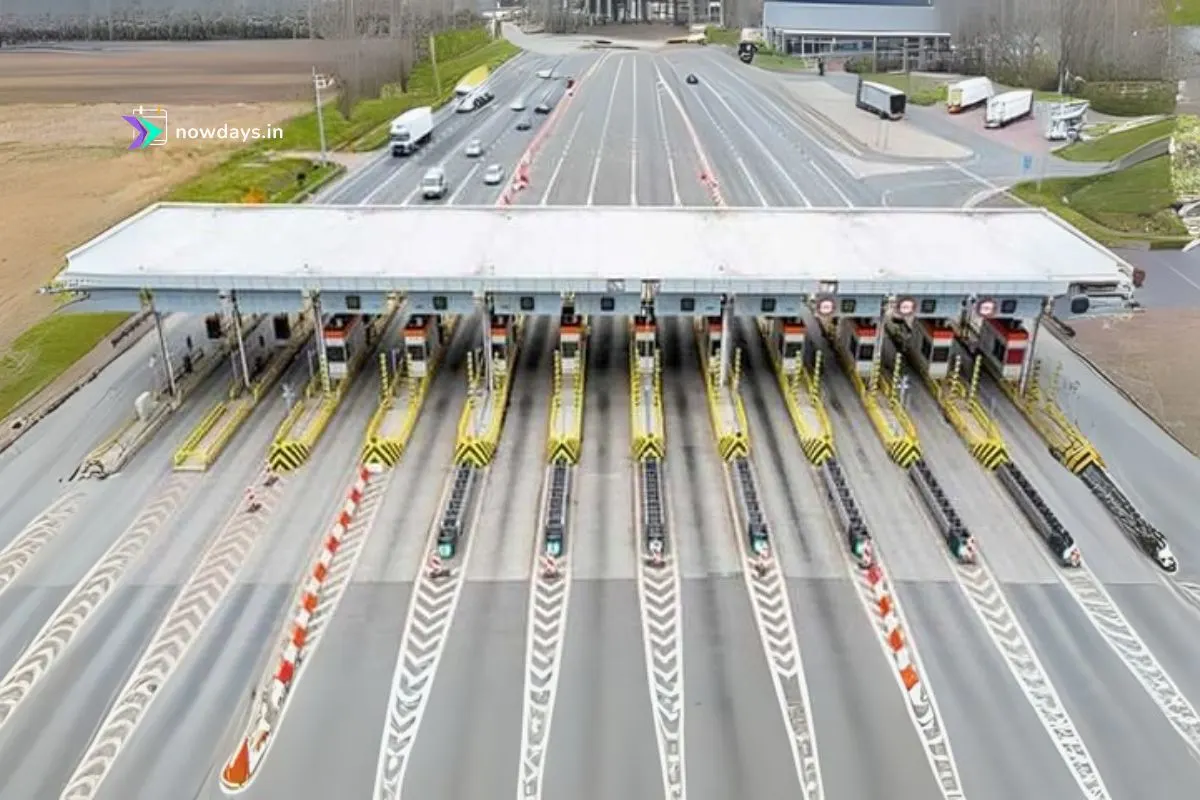The X post by Archie Sengupta (@archiexzzz), dated July 13, 2025, describes an alarming incident where a Pakistani man in Kuala Lumpur, Malaysia, claimed to have an Indian passport obtained through bribery. This story has sparked discussions about national security and corruption in India’s passport system, with news outlets like Free Press Journal and Republic World reporting on it. As of now, there is no official response from the Indian government, leaving the situation open to interpretation.
Today, I heard a very disturbing story about how India's national security is at risk. It came from a friend who recently visited Kuala Lumpur, Malaysia.
— Archie Sengupta (@archiexzzz) July 13, 2025
After landing, he checked into a hotel and was speaking with a man at the reception desk. The man, who worked there, asked my…
The man, reportedly from Peshawar, Pakistan, told Sengupta’s friend that he paid agents in Hyderabad, India, 3 lakhs (about $3,600 USD) to get an Indian passport within a month. He mentioned that Indian passports are more convenient for travel, especially to countries like Malaysia, which do not offer visa-on-arrival for Pakistani citizens. This ease of obtaining a passport contrasts with the author’s own experience of waiting two months for a legitimate one, suggesting systemic corruption.

The post has garnered significant attention, with replies on X echoing concerns about illegal immigration and document fraud. For instance, users mentioned similar issues with Bangladeshi and Nepali nationals obtaining Indian documents like Aadhaar and voter IDs. News articles, such as those from Free Press Journal and Republic World have framed this as a national security risk, emphasizing the potential for foreign nationals to infiltrate using fake identities.
Read more: India’s Exports Up 6.5% YoY in June 2025, Reaching USD 67.98 Billion
Contextual Details from the Post
- Location and Context: The incident occurred in Kuala Lumpur, Malaysia, where the man was working at a hotel reception. Malaysia’s visa policies, as noted in immigration department resources [https://www.imi.gov.my/index.php/en/main-services/visa/visa-requirement-by-country/], do not offer visa-on-arrival for Pakistani citizens, which may explain the man’s preference for an Indian passport.
- Corruption Mechanism: The man claimed he paid agents in Hyderabad, India, 3 lakhs for the passport, suggesting a network of corrupt officials or intermediaries facilitating such fraud. The post mentions the passport was issued within a month, contrasting with the author’s two-month wait for a legitimate application.
- National Security Implications: Sengupta warned that individuals sitting next to you might not be Indian but could be Pakistani or Bangladeshi, highlighting the potential for espionage or terrorism if such identities are misused.
This incident must be viewed in the context of India’s immigration and identity systems:
- Visa and Passport Policies: Malaysian immigration policies [https://www.imi.gov.my/index.php/en/main-services/visa/types-of-visas/] show that Indian citizens have visa exemptions or multiple-entry visas, while Pakistani citizens face stricter requirements, potentially motivating such fraud. Indian passport issuance processes, as outlined by the High Commission in Malaysia [https://hcikl.gov.in/home/Passport/Passport], involve standard procedures, but the post suggests these are bypassed through corruption.
- Historical Tensions: Recent tensions with Pakistan, such as the April 2025 Kashmir attack and subsequent visa suspensions [e.g., https://www.fragomen.com/insights/india-restrictions-implemented-for-pakistani-nationals.html], highlight ongoing security concerns, which this incident exacerbates.
- Public Perception: The replies and news coverage reflect public anxiety about illegal immigration, with mentions of Bangladeshi, Nepali, and Pakistani nationals obtaining Indian documents. This suggests a perceived vulnerability in identity verification, potentially linked to corruption in government offices.
Read more: Tesla Model Y Launched in India: Dual Variants, 4.6s 0–96 km/h, 526 km EPA Range
As of July 15, 2025, there are no publicly available reports of an official response from the Indian government specifically addressing this incident. This lack of clarity adds to the controversy, with public debate focusing on the need for stricter controls on identity documents and immigration.
The X post by Archie Sengupta highlights a potential case of passport fraud involving a Pakistani man in Malaysia, raising significant national security concerns. The incident, supported by news coverage and public replies, suggests systemic corruption in India’s passport issuance, with broader implications for illegal immigration and identity verification. As of July 15, 2025, there is no official government response, leaving the issue open for further investigation and public discourse. This case underscores the need for enhanced oversight and synchronization of identity documents to safeguard national security.









